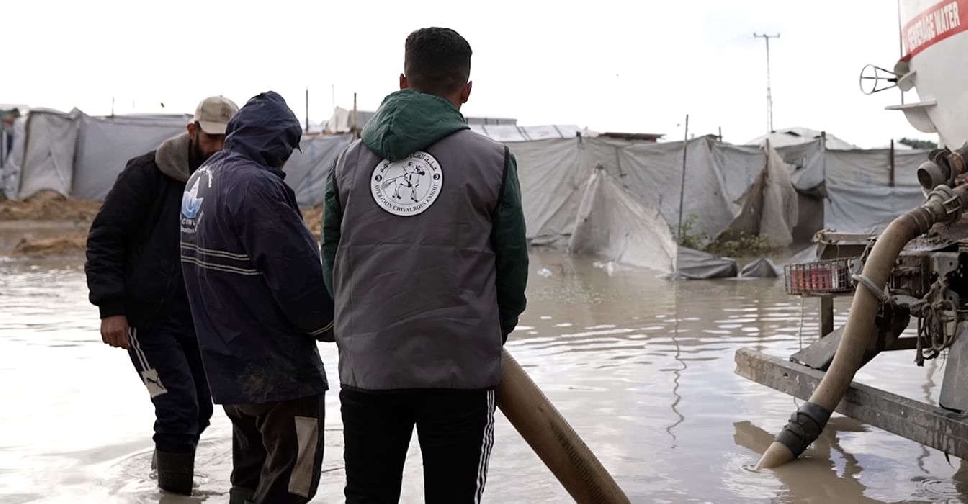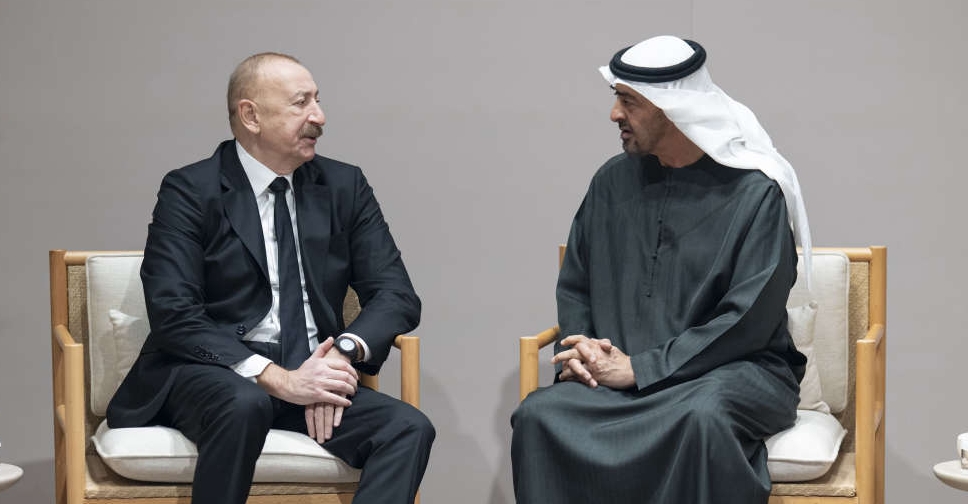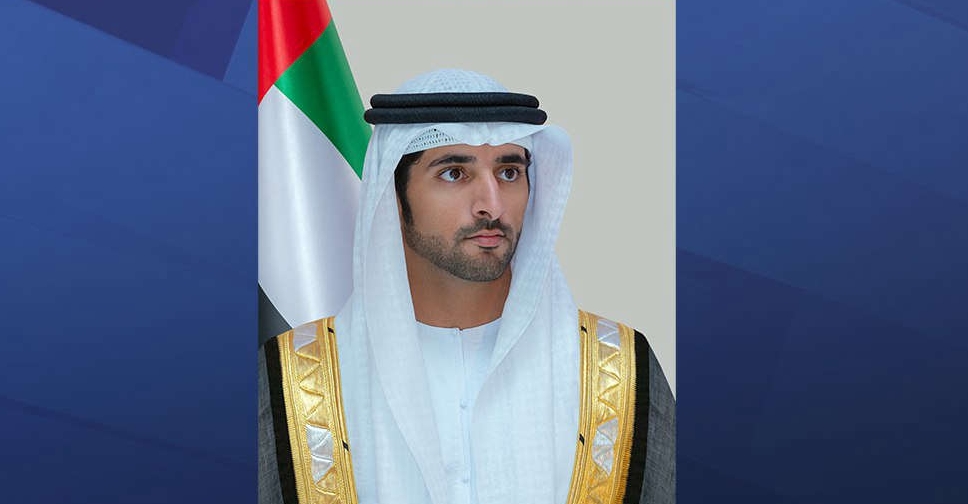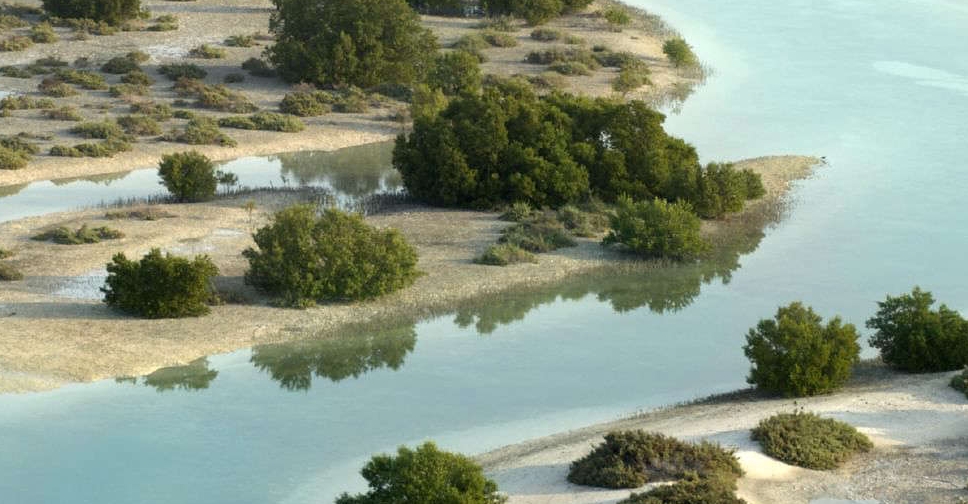
The Environment Agency – Abu Dhabi, (EAD) has announced that Abu Dhabi will be the first in the Middle East and North Africa (MENA) region to implement the Enhanced Transparency Framework (ETF) on a subnational level, following last year’s national level launch by the Ministry of Climate Change and Environment (MOCCAE).
The Paris Agreement on Climate Change established an enhanced transparency framework (ETF) designed to build mutual trust and facilitate its effective implementation.
The ETF guides countries greenhouse gas emissions reporting and their progress toward their Nationally Determined Contributions (NDCs).
The NDCs are commitments that countries make to reduce their greenhouse gas emissions and adapt to the impacts of climate change according to their national circumstances and priorities.
To support the national ETF, EAD started a project to develop a subnational ETF that will also help track progress of the Abu Dhabi Climate Change Strategy, which was launched in 2023. The subnational ETF will regularly feed its data into the national ETF system at pre-determined times for national reporting purposes.
Using the latest technology, the ETF project is developing a system, including a digital platform, that will help EAD in performing its work and regulatory enforcement of climate change policy in the Emirate of Abu Dhabi.
The platform gathers data in a timely manner, with the least amount of human intervention, to increase overall data quality, with the Agency responsible for monitoring, reporting, validating, issuing regulations, and the policy and management of the ETF system.
The sectors monitored by the ETF system in Abu Dhabi that will be required to report on greenhouse gases and air emissions includes: industry, agriculture and land use change, energy, and waste.
Dr. Shaikha Salem Al Dhaheri, Secretary-General of EAD, said, “\We need to be able to measure accurately, using the most advanced technology, our emissions to ensure that we can reach our goal of reducing Abu Dhabi’s absolute emissions by 47 million tonnes of GHGs by 2030 from 2016 levels, and reduce emissions by 22 per cent from 2016’s recorded emission levels by 2027.
"The Enhanced Transparency Framework system in Abu Dhabi – the MENA region’s first on a subnational level – will help us to do so. As the custodian of climate action in the emirate we will be collecting and adding data on greenhouse emissions and air emissions into the system, which will feed into the national ETF system developed by the Ministry of Climate Change and Environment.”
She added, “We will be working closely with our stakeholders from four main emitting sectors: industry, agriculture and land use change, energy and waste, and have developed a user-friendly digital tool to help them provide data. The information gathered in Abu Dhabi will help the UAE present its Nationally Determined Contributions as part of its pathway towards mitigating and adapting to the negative effects of climate change. We know that the UAE, and Abu Dhabi in particular, is taking climate change very seriously, and that combatting its effects requires a collective and colossal effort from all key players. A major step forward will be the monitoring and reporting of accurate data, which the new ETF system will help collect.”

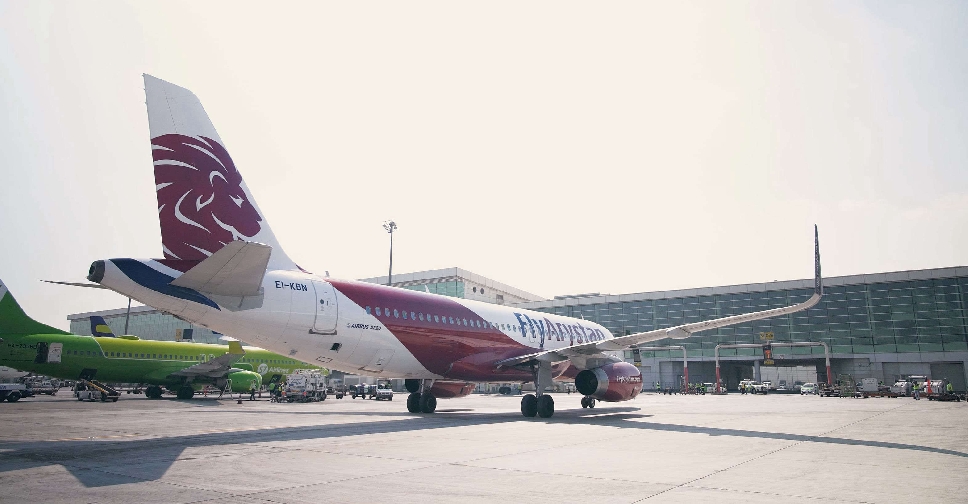 DXB and DWC boost winter schedules with new routes
DXB and DWC boost winter schedules with new routes
 Amazon in talks to invest in OpenAI
Amazon in talks to invest in OpenAI
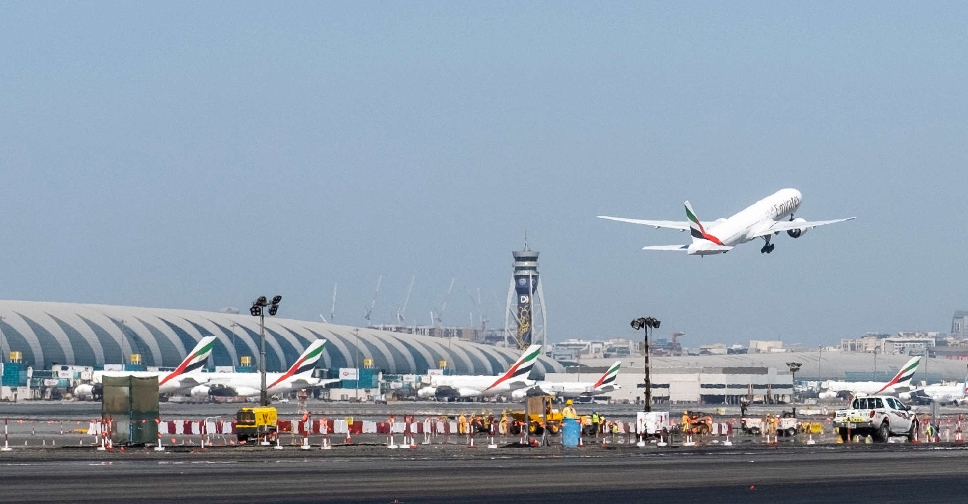 DXB to welcome over 4.2 million guests over next two weeks
DXB to welcome over 4.2 million guests over next two weeks
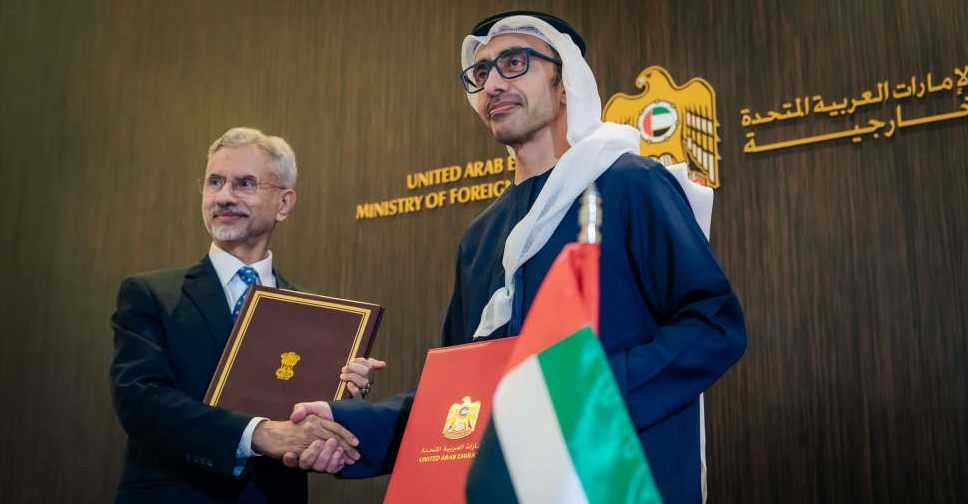 UAE, India review strategic partnership during joint sessions in Abu Dhabi
UAE, India review strategic partnership during joint sessions in Abu Dhabi
 Mubadala, Barings launch $500 million global real estate debt partnership
Mubadala, Barings launch $500 million global real estate debt partnership

